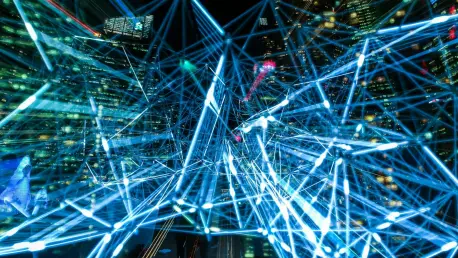
In a historic interfaith summit convened in Rome on October 23, hosted by the American Security Foundation, prominent Christian and Jewish leaders came together to confront the ethical dilemmas posed by the rapid advancement of Artificial Intelligence (AI). Their collaborative effort resulted in a

As the digital landscape hurtles toward 2026, a seismic shift is underway in cybersecurity, propelled by the unprecedented rise of Artificial Intelligence (AI), which has evolved from a mere supplement to traditional security measures into the epicenter of a high-stakes battle between those

What if the very tools designed to streamline daily tasks are silently paving the way for catastrophic cyber breaches? In a world where AI assistants are embedded in nearly every business operation, their ability to browse live websites, recall user context, and integrate with critical apps is both

Market Context: The Rising Burden of AI Deployment The enterprise AI landscape is at a critical juncture, with costs spiraling out of control as businesses race to integrate generative AI into their operations. Reports indicate that the computational demands of training and maintaining large

In an era where digital landscapes are expanding at breakneck speed, the realm of cybersecurity faces challenges that are as complex as they are relentless, demanding innovative solutions that blend technology with human expertise. As Cybersecurity Awareness Month prompts reflection on the state of

The rapid integration of artificial intelligence tools into supply chain operations has transformed how businesses manage logistics, forecasting, and inventory, promising unprecedented efficiency and insight. However, as companies race to adopt platforms like ChatGPT, Gemini, and Copilot to